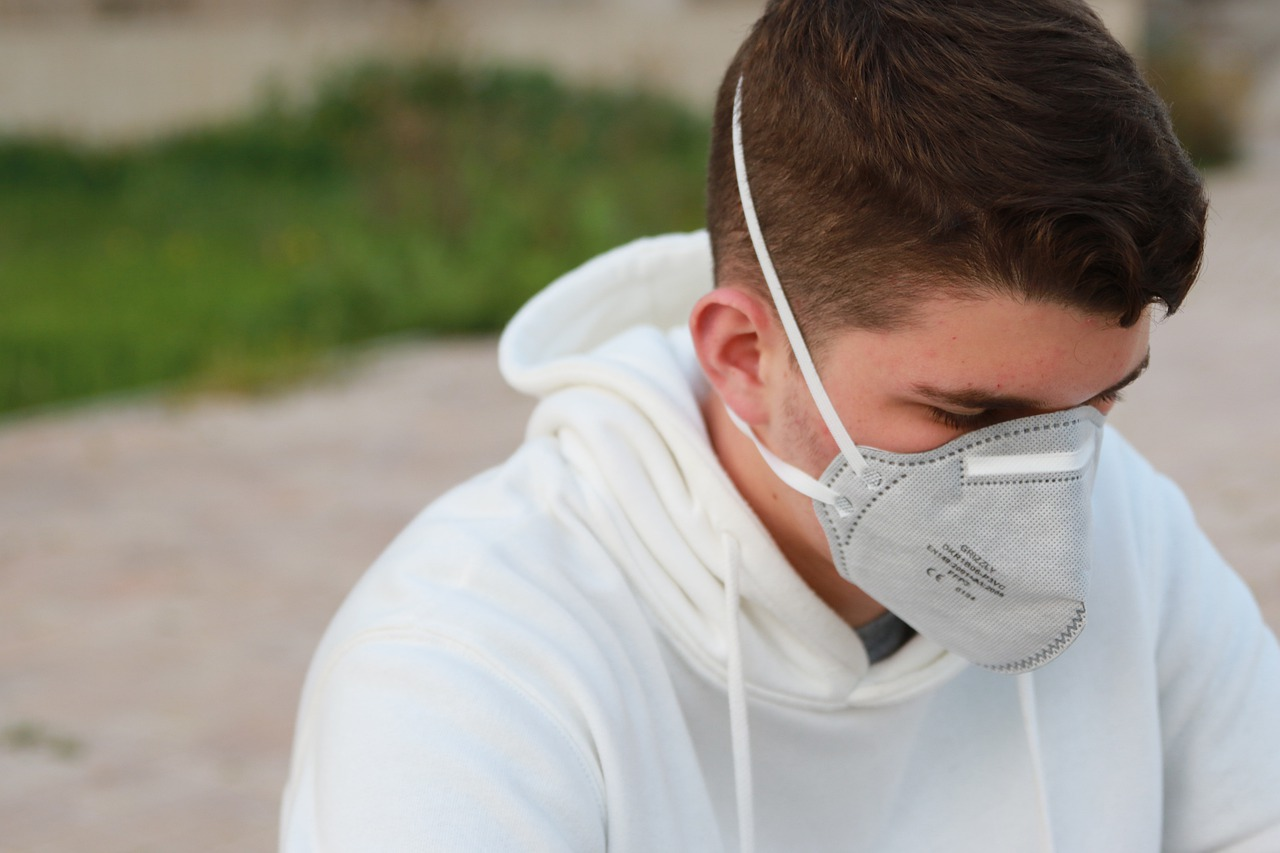
- Details
The COVID-19 pandemic has not only risked our lives but also hampered the global economy. Many people have lost their sources of income or jobs, while others have been asked to receive a reduced salary.
The global health crisis has plunged economies into a recession. Moreover, markets that have witnessed years’ worth of profits were wiped out in several days. During this difficult time, we must take drastic precautions to safeguard both our health and wealth from the effects brought by the pandemic.
To help you with your finances, listed below are five financial tips that can help you deal with this economic crisis.
Manage Your Credit
Governments worldwide, as well as many credit unions and banks, have modified their lending policies in response to the COVID-19 pandemic. Some even put up new funds for borrowers, such as:
- Payday Alternative Loans I and II. PA loans I are limited to a 6-month maturity and a maximum of $1,000. On the other hand, PA loans II are limited to 12-month maturity and a maximum of $2,000.
- Emergency Small-Dollar. These unsecured loans are offered in amounts of at least $5,000. The best thing about this new funding is that you don’t need to pay for the loan for ninety-days, and it matures within 24-36 months. The terms of this loan are intended to provide borrowers with quick cash flow.
- Small Business Administration’s Paycheck Protection Program. SBA 7 (a) lenders are eligible to make paycheck protection program loans.
- Increased Revolving Credit Limits. Increasing revolving credit products, such as home equity lines, provide borrowers with quick access to money.
Others have modified existing loans temporarily, including:
- Reducing the Interest Rate. Minimizing the interest rate for a defined period can provide relief to borrowers and lowers their payment.
- Interest-only Payments. For a defined timeframe, borrowers can enjoy lower payments while avoiding negative amortization.
- Modification Fees or Waiving Late Payment. Waiving fees help borrowers avoid increased debt payment and obligation.
- Payment Forbearance. Credit unions can permit a borrower to put off monthly payments, but with an agreement to pay the interest and principal later on.
- CARES Act Forbearance. The CARES Act provides relief for borrowers who are financially affected by the COVID-19 pandemic. The servicer or lender has to offer forbearance for at least 180 days. There will be no interest, penalties, and additional fees.
During this global health crisis, it has become more imperative to manage and maintain your credit- whether you are looking for a loan, using your credit card more, or just being proactive about your financial health. With the rates going down, more and more individuals are checking in on their status.
With the interest charges declining, if you have credit card debt, consider paying it. By doing so, you’ll lessen your monthly financial obligations and place yourself in a situation where you can establish a better nest egg.
Also, you can start focusing more on the important things. Otherwise, your credit score might be adversely affected. Do you know how bad credit scores affect borrowing? Bad credit scores will make it more difficult for you to apply for new loans and get the best rate possible.
A credit score is considered bad when it’s under the FICO score of 699. Since lenders use credit scores as assessment for a borrower’s creditworthiness, those with poor scores will likely have their loan application denied. Moreover, those who do get accepted still have to deal with high-interest rates. Hence, it’s important to take care of your credit score early on.
Create A Crisis Budget
If you’ve lost your job during the pandemic, it’s important that you create a crisis budget first. Determine how much money you still have for budgeting purposes. When planning the budget, don't forget to include an emergency fund, the remaining money from your bank account, and more.
Say, for instance, you have saved $1,000 for a planned beach getaway, but due to the pandemic, that vacation was canceled. You can include the $1,000 into your budget to make ends meet.
Make sure to inspect any of your cashback credit cards for rewards balances. You can transfer this extra money to your checking account. Once you know how much money you have right now, determine your essential expenses, such as :
- Transportation
- Food
- Basic utilities
- Housing
Take Out A Loan With Caution
With people losing their jobs, many are tempted to borrow money. However, it’s advised to take out a loan only if you must. Consider getting money from other sources, such as liquidation of investments and emergency funds.
Additionally, don’t over-borrow and see to it that you have a plan in mind about repaying your loan before applying. Remember that your financial miseries will worsen if you can’t clear your current dues.
Find Other Ways To Earn Money
All of us have something we can do to earn extra cash- whether it’s babysitting, freelancing, or selling items we don’t need. The money earned from these activities might seem little, unlike your salary at your primary job. However, these small amounts are of big help, especially during this difficult time.
Be On The Lookout Against Fraud
The Federal Trade Commission has warned the public to stay alert and mindful of scammers taking advantage of the crisis. Watch out for suspicious messages claiming to be charities, employers, or creditors you don’t recognize.
Only respond to email addresses, or phone numbers you know are reliable and trustworthy, such as the contact information on a creditor’s website.
Takeaway
Crises like the COVID-19 pandemic require calm and calculated decisions, especially when it comes to finances. Being careful and prepared will help you face whatever comes your way during this, and other, crises. By managing your credit, creating a budget, and being an observant borrower, you can turn a possible financial disaster into a temporary setback.
